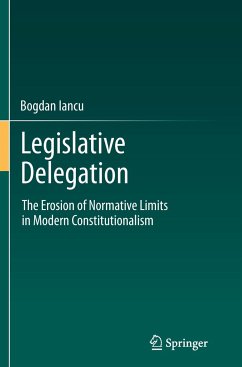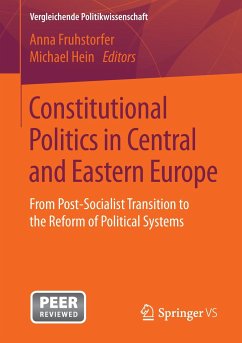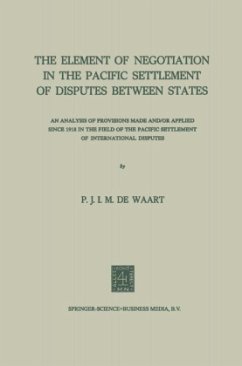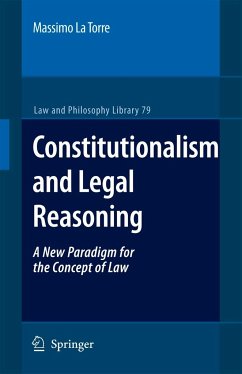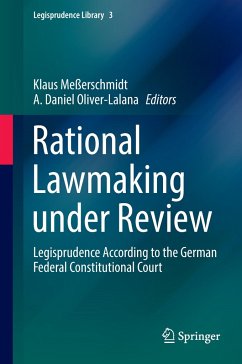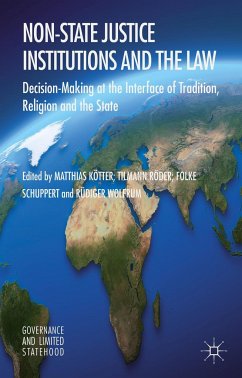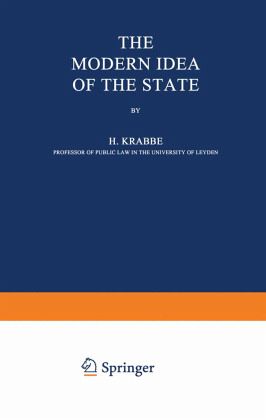
The Modern Idea of the State

PAYBACK Punkte
20 °P sammeln!
The value of the more general and abstract efforts of politi cal theory, of what may perhaps be called the philosophy of the state, is often questioned. It is urged on the one hand that the true science of politics cannot go beyond the study of the actual organization of government and of its relations to other social and economic institutions. On the other hand, it is asserted that political philosophy, because it is necessarily a priori in method, cannot do more than ring the changes on certain fundamental types of theory which were stated once for all in the far-distant past. Thus, for exam...
The value of the more general and abstract efforts of politi cal theory, of what may perhaps be called the philosophy of the state, is often questioned. It is urged on the one hand that the true science of politics cannot go beyond the study of the actual organization of government and of its relations to other social and economic institutions. On the other hand, it is asserted that political philosophy, because it is necessarily a priori in method, cannot do more than ring the changes on certain fundamental types of theory which were stated once for all in the far-distant past. Thus, for example, Professor Dunning in his recent book on Political Theories Irom Rousseau to SPencer says, "Greek Thought on this problem [the justification of authority and submission] in the fourth and third centuries before Christ in cluded substantially all the solutions ever suggested. " 1) Nevertheless, with some ups and downs, political philosophy goes on; it is one of those subjects of pennanenthuman inter est which, whether "scientific" or not, men are not likely to abandon. To be sure, it does at times degenerate into an apol ogy for special interests in their endless struggle for power. This danger can scarcely be avoided when men undertake to weigh values and to estimate the importance of tendencies that have not yet eventuated in political fact. But notwithstanding this danger, the criticism of principles is indispensable.





